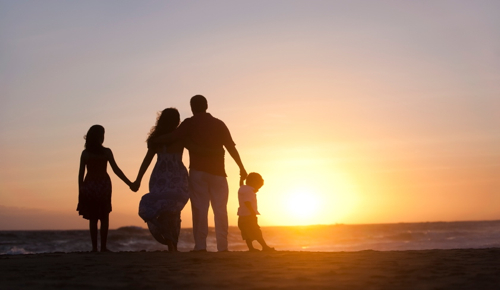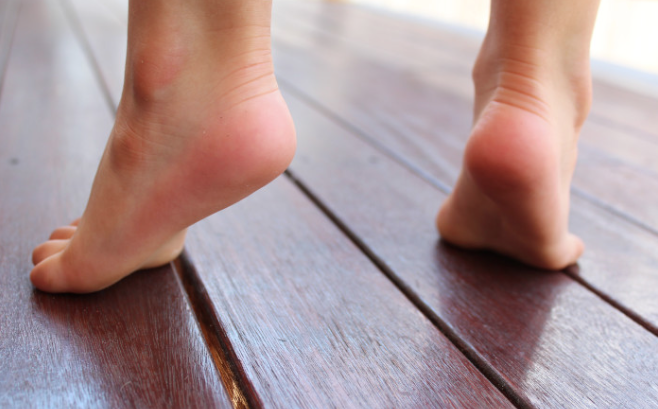With holidays approaching, many of us would expect to see preschool classrooms filled with holiday decorations, parties, and activities. If you don’t see these in the classroom, you may be asking yourself, “Why is the teacher not celebrating this holiday?” Many educators have fallen into the idea of taking a tourist approach to holidays (“This is how Jewish children celebrate Hanukkah” and “This is how African-American celebrates Kwanzaa”). By taking this approach, are we being sensitive to the celebrations and traditions of all cultures?
As early childhood educators, we need be mindful of the cultural differences of children and their families in our classroom. Instead of waiting for a holiday to arrive, we should learn about family’s culture and traditions from the first day you meet the child. Reading stories, eating snacks, and having multicultural items such as music, dolls, and clothing should be available all year long to help families feel welcomed and support children’s learning and understanding. Culture and diversity should be part of the daily environment and not only as a theme during the holidays.
When including diversity in the classroom, it is important to understand the different cultures and traditions of all the children. Teachers should have meaningful conversations with families about their traditions, customs and family rituals and implement these throughout the course of the year. Inviting families to share their traditions in the classroom should also be encouraged. Allowing children to explore varying cultures creates opportunities for them to see that even when people have different customs and traditions, they often share common traits, too.
Holidays in preschools are often celebrated with young children by doing projects that are directed by the teacher and not developmentally appropriate for their age. It is important that ideas and concepts be age appropriate, open-ended, relevant and respectful to each child and family. The role of the early childhood educator is to provide hands on learning opportunities based on the interests and ideas of the children in their classroom and to extend their learning. If children in the classroom are showing interest and having discussions about dressing up for Halloween, adding a variety of costumes to the house area during the month of October is a way to support children’s interests and learning. Adding families’ favorite foods and recipes in the cooking area is another way to incorporate children’s culture in the classroom.
Celebrating the holidays is a great opportunity for children to learn about themselves, their families, and their community. As we look at celebrating holidays, we need to be mindful to celebrate diversity throughout the year by including the children’s culture and interests in the classroom. So instead of celebrating only certain holidays, we celebrate diversity and the learning of cultures that exist within the classroom.
Tips for Celebrating the Holidays
Talk to parents or send out surveys ask them what holiday traditions they share. Ask them if they would like to share their tradition with the class.
Refrain from the tourist approach. Remember not to stereotype, we all celebrate differently. Make it personal; ask the children to share what and how they celebrate.
If you have children that do not celebrate any holidays, speak with their families. Perhaps they have special traditions that they share that are not attached and could share those traditions with the class.
Make sure you share traditions from each and every child; focus on the similarities and differences.
Once you start, do not stop—share traditions and celebrations and celebrate diversity each and every day.
This blog was contributed by Angie McLouth and Early Childhood Specialist for the Ionia ISD Great Start Readiness Program.



















